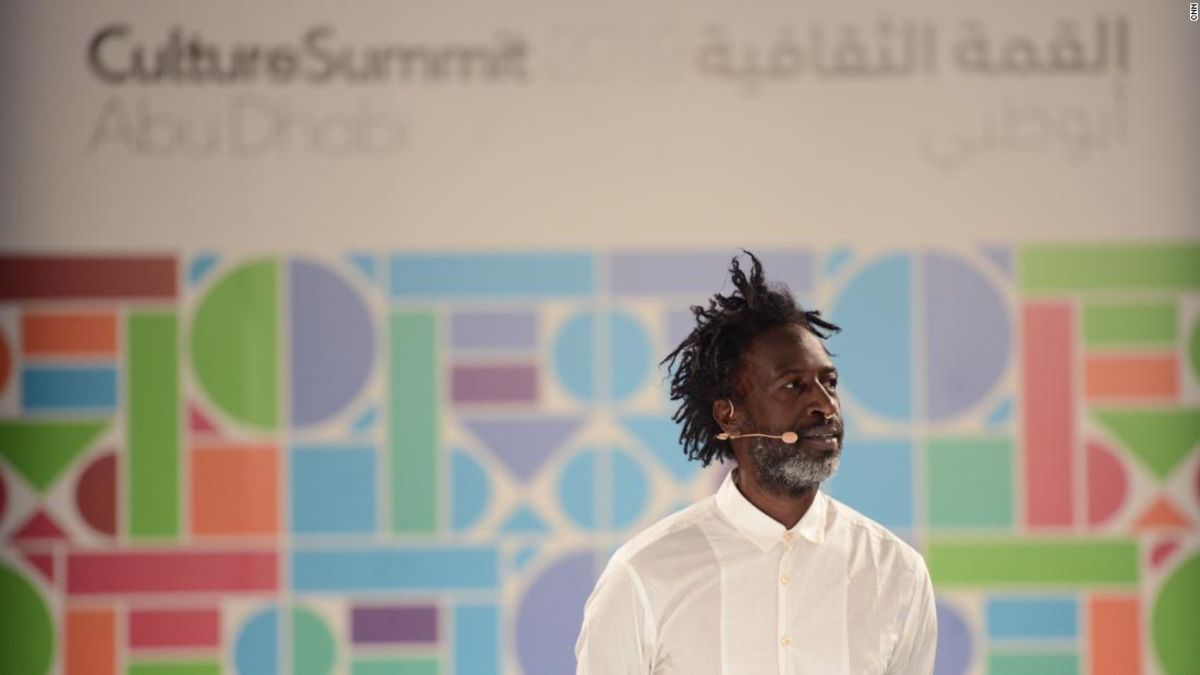
Abu Dhabi (CNN) — The Middle East has always had a rich cultural history. Poets, musicians, artists and scholars gathered in ancient Tehran, Cairo and Baghdad to discuss literature, science and the arts.
However, the region's wars and political unrest put an end to these traditions.
Can Abu Dhabi step into this cultural breach?
The launch of a new major regional summit that brings together artists, performers and innovative thinkers from around the world could help seal the deal for an emirate that's already emerging as a major destination for art lovers.
Organizers dubbed the event the "Davos of Culture" -- a reference to the annual gathering of business and political leaders that takes place in the Swiss ski resort of Davos.
While its influence may not have been immediately felt beyond the region, those participating were enthusiastic.
"This is a very global summit; guests are here from approximately 90 countries, so you get 90 perspectives," says delegate Mohammed Al Otaiba, former editor in chief of UAE newspaper The National. "You can imagine all the ideas and questions from people across the world makes the summit a fantastic event."
Connecting ideas
Abu Dhabi has already taken extensive steps to promote itself as a cultural hub for the Middle East, a contrast to the glitzier reputation of neighboring Dubai.
In 2017 it opened the Louvre Abu Dhabi, a major outpost of the famous French art museum. Millions of dollars have been invested in artistic initiatives such as Warehouse 421, Manarat Al Saadiyat, the Zayed National Museum and the Guggenheim Abu Dhabi.
The April summit aims to add to this by promoting sometimes radical ways of thinking in a region often seen as steeped in conservative values.
Among the global artists, performers and musicians gathered was US rapper and poet Saul Williams.
Williams questions the colonial undercurrents of modern technology, such as the use of "slave" and "master" in designating the purpose of computer components.
His work is about connecting ideas from the past to the present day, he says.
"All of it, the technology narrative, the religious narrative, the government narrative, the economical narrative, all of it, technology is just a facet of it.
"I'm questioning and dissecting all these narratives for the sake of trying to find new grounds, the same exact thing that I am trying to do with music by ingesting different music and literature wherever I go. [I'm trying to] become much better acquainted with different sounds, different approaches to music and still quest for the idea of how we actually create something new."
from CNN.com - RSS Channel https://cnn.it/2IrAcKV
No comments:
Post a Comment